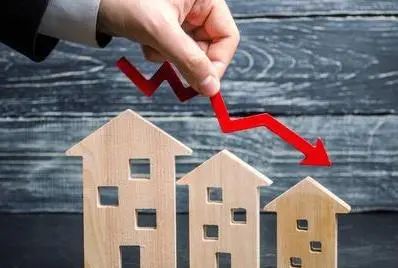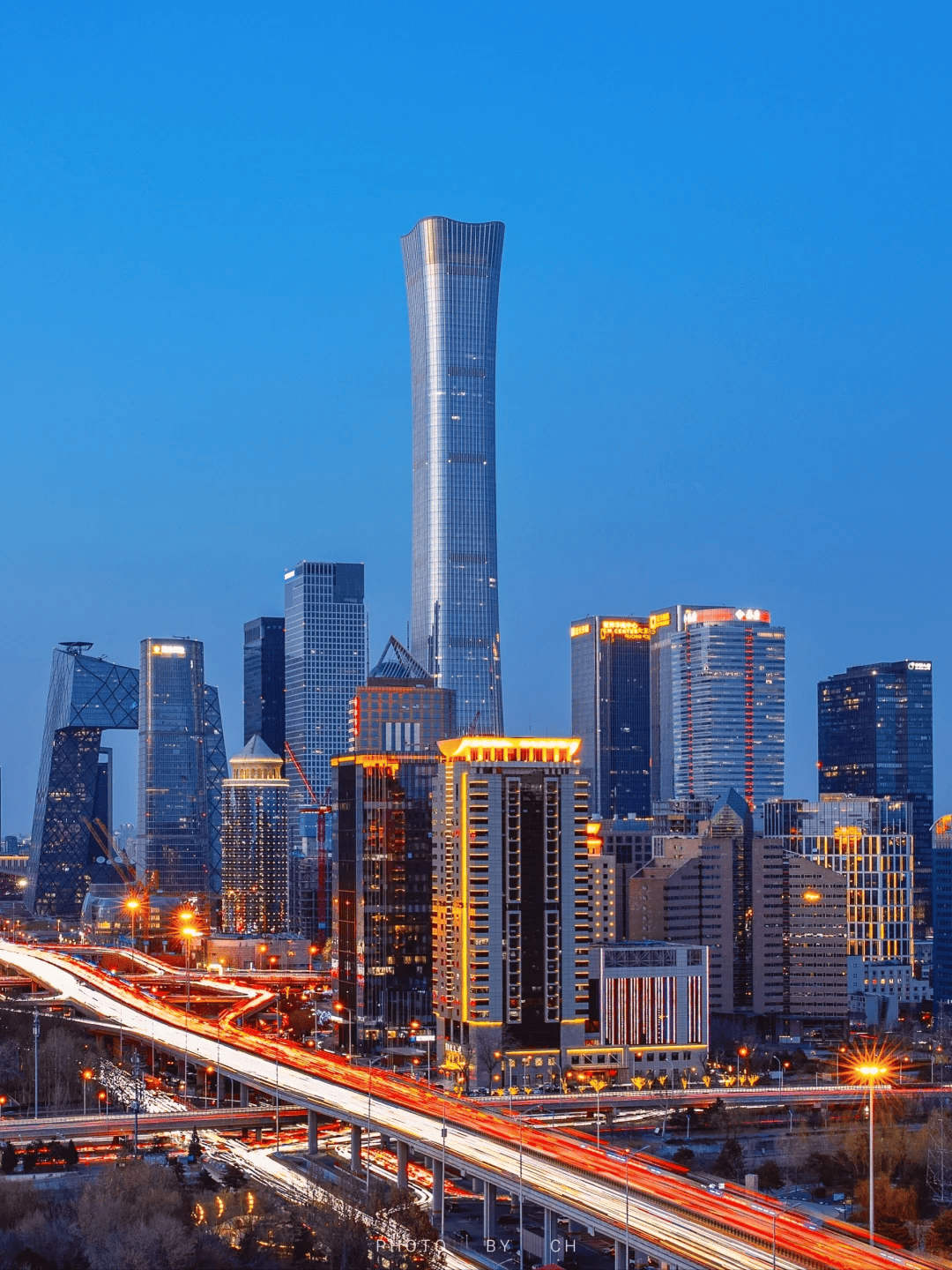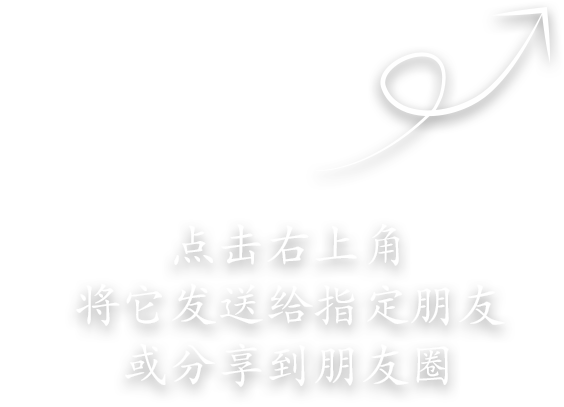Between 2015 and 2024, the Chinese real estate market experienced a significant turning point, from a 28% year-on-year increase in housing prices in first tier cities in 2016 to a cooling trend in mid-2024, with housing prices declining by 4.1% year-on-year. During this period, market sentiment shifted from a rush of panic buying to a thoughtful wait-and-see attitude, with consumers worried about buying at the top of the market, and the overall industry entering a cooling off period from its former frenzy.

2015
2024
Policy incentives for rapid growth
In 2016, driven by multiple factors such as policy incentives and intensified land competition, real estate companies were active in acquiring land, and the phenomenon of land kings was frequent. Some top real estate companies' land acquisition amounts surged by more than 100% year-on-year, reflecting the high optimism of enterprises towards the market and the enthusiasm of consumers to buy houses. Especially in hot cities, the rapid growth of housing prices has prompted some consumers to rush to buy, so as not to miss the opportunity.
The heat in the first half of the year quickly turned into a deep adjustment in the second half. Real estate companies are facing negative sales growth, tightening financing environment, and increasing debt pressure, with obvious strategic differentiation and a shift towards more cautious investment choices. At the same time, consumer confidence is influenced by regional, age, educational background, and income differences. Although they hold a certain optimism about the market, they are more cautious in their home purchase decisions, and there are differences in their expectations of housing prices and the timing of home purchases.
By 2023, real estate development investment will significantly decrease, directly affecting the related industry chain, especially the HVAC market. The decrease in demand for new residential buildings has suppressed the installation of new HVAC systems. Despite the sluggish growth of the home decoration retail market, the engineering project market has shown a trend of rising against the trend, especially in commercial real estate and public facility construction, where the HVAC industry still has growth potential.
Green and Intelligent Transformation

The encouragement of refined decoration in real estate by policies and the pursuit of green and intelligent technology in the global market have pointed out the direction of transformation and upgrading for the HVAC industry. Although facing challenges in the short term, in the long run, with the advancement of urbanization, the improvement of green building standards, and new opportunities in overseas markets, the HVAC industry is expected to continue to grow steadily, especially in the field of green and energy-saving products, which will usher in broader market prospects.

By 2024, the real estate market will continue to be under pressure, with real estate companies hoping for policy support to recover, while consumers closely monitor the dynamics of housing prices and personal financial conditions. In this context, the industry needs to further adapt to policy regulation and strengthen financial stability, while consumers' increasing attention to housing quality and delivery capabilities also drives the market to develop towards a more emphasis on quality and reputation.



